Tous nos articles
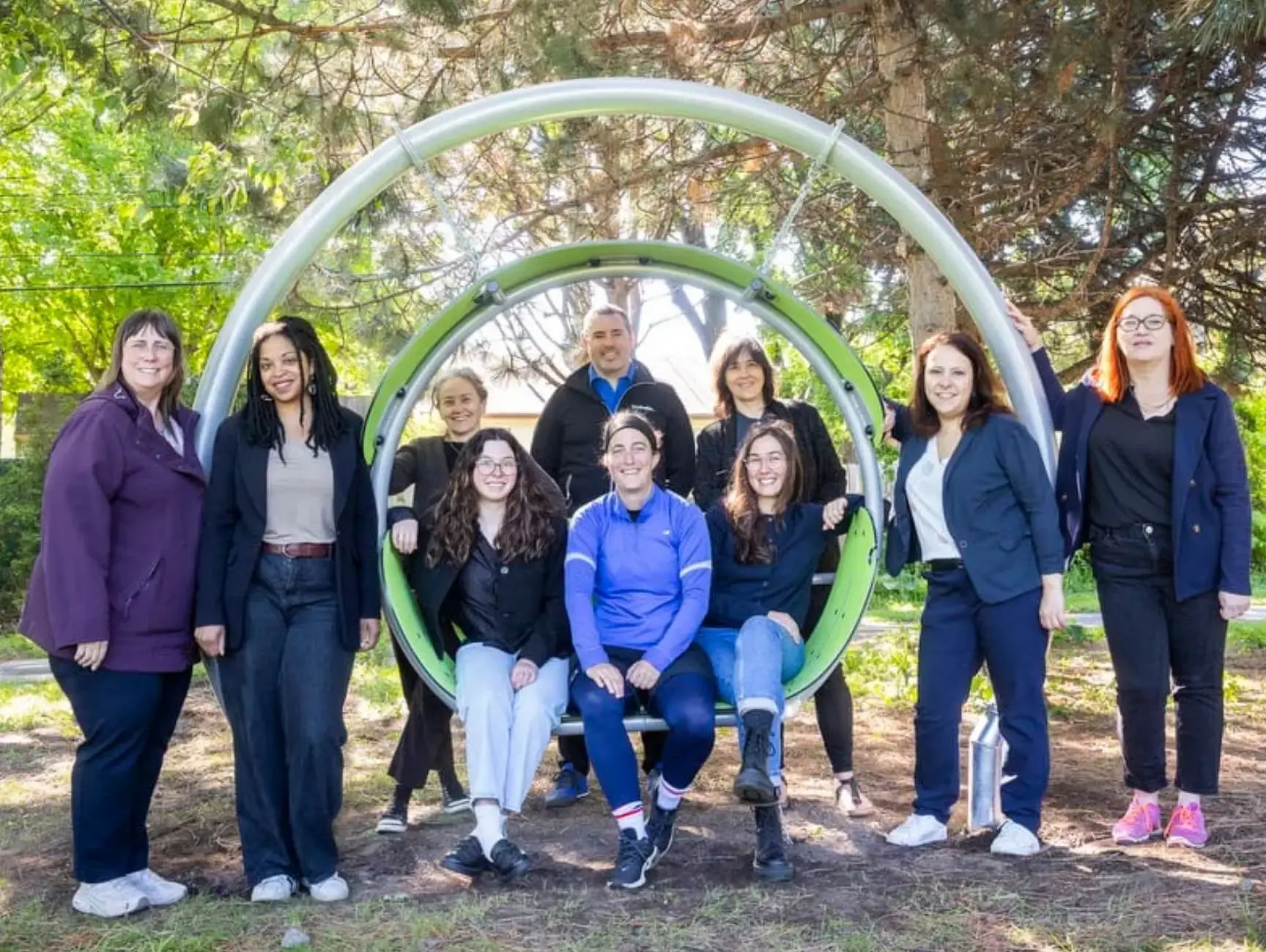
O-Asis: une première en Amérique du Nord
Un projet pilote unique en son genre a vu le jour à Montréal ce matin dans l'arrondissement de Rivière-des-Prairies–Pointe-aux-Trembles. C’est en la présence de: Mme Caroline Bourgeois, mairesse d’arrondissement, que la ville a inauguré l'installation de mobiliers urbains spécifiquement conçus pour et par les adolescentes.
June 10, 2025
• Par Claudia Carrier • Produits et promotions
Temps de lecture: 2 minutes

Jambette récompensée pour son excellence manufacturière au Gala des Pléiades 2025
Jambette est honorée d'avoir remporté le prix Manufacturier d'exception lors du prestigieux gala des Pléiades. Cette distinction, décernée par la Chambre de commerce de Lévis, vient saluer l’innovation, la rigueur et la passion qui animent chaque jour notre équipe.
May 20, 2025
• Par Marie-Noël Grenier • Évènements • Entreprise • Prix et récompenses
Temps de lecture: 3 minutes
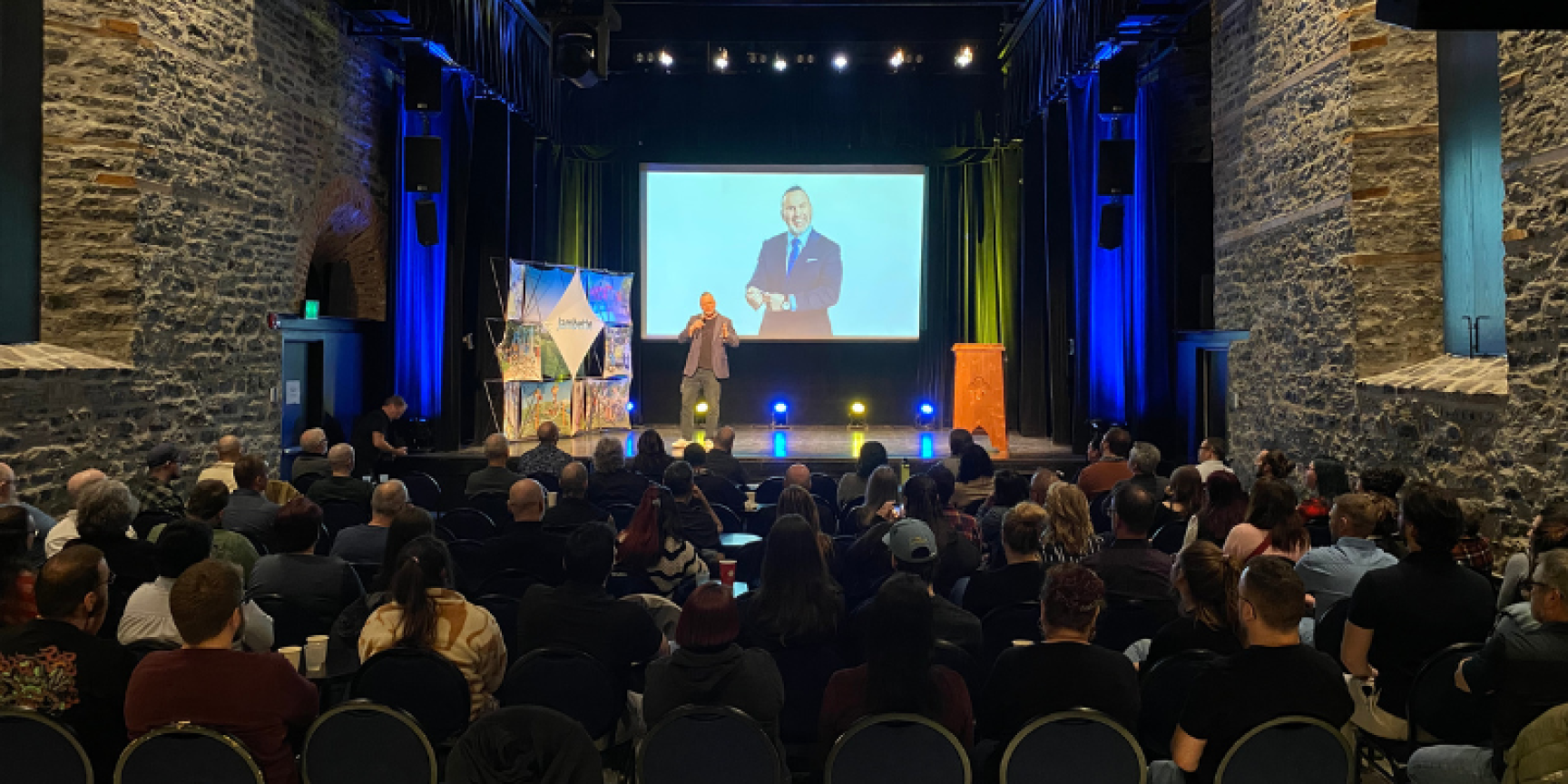
Jour J édition 2025
Depuis plus de vingt ans, Jambette organise chaque année le Jour J, un événement incontournable pour tous les employés. Ce rassemblement festif et motivant permet de partager la vision, les projets et les ambitions de l’entreprise. Retour sur une édition mémorable!
April 7, 2025
• Par Marie-Noël Grenier • Évènements • Entreprise
Temps de lecture: 4 minutes
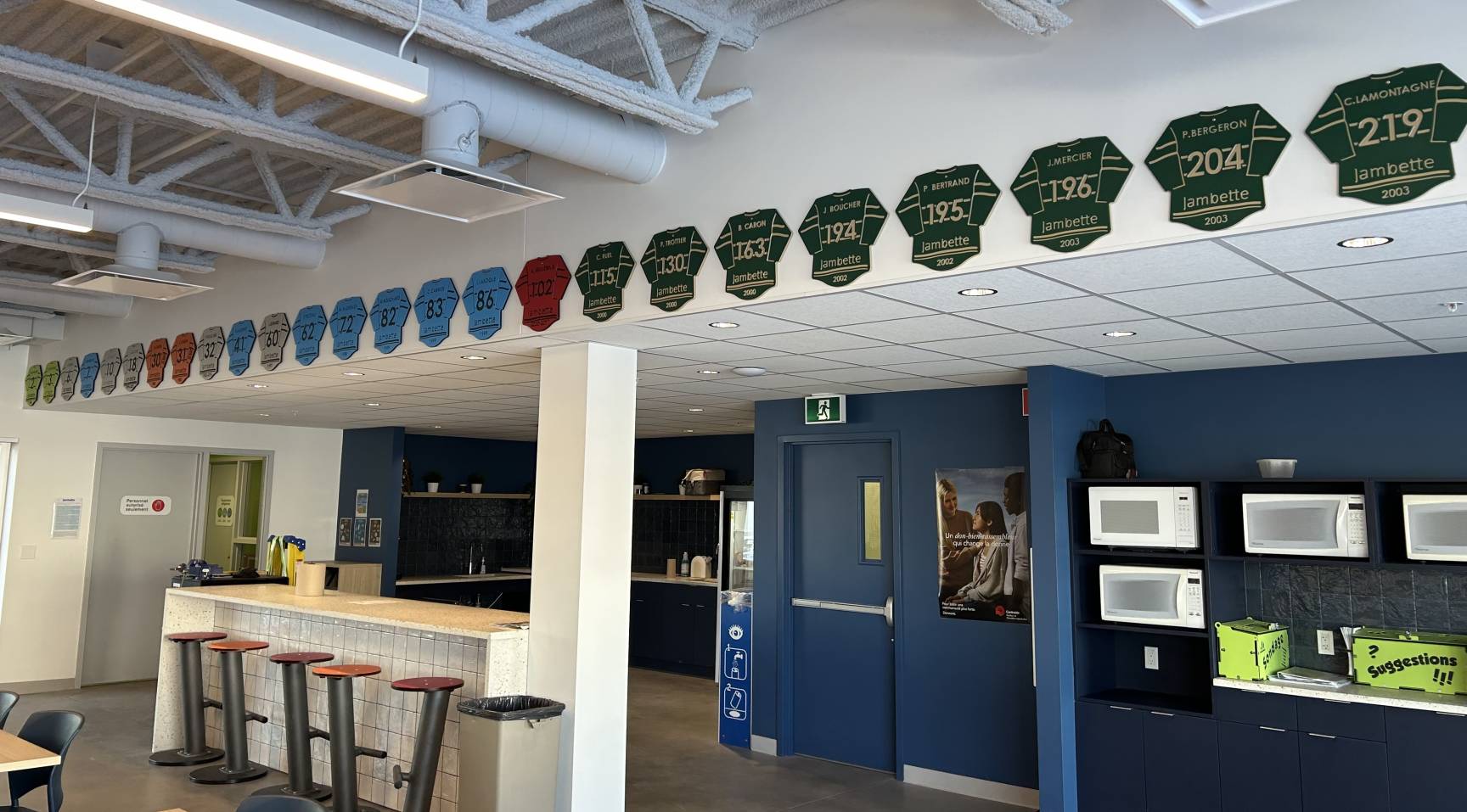
Une tradition qui fait honneur à nos collègues!
Chez Jambette, nous avons une culture d’équipe forte, où chaque membre contribue au succès collectif. Et comme au hockey, chaque joueur qui marque l’histoire mérite d’être honoré! C’est pourquoi nous avons créé les chandails de fidélité – un hommage bien mérité à ceux et celles qui donnent le meilleur d’eux-mêmes, année après année.
March 11, 2025
• Par Claudia Carrier • Entreprise
Temps de lecture: 2 minutes
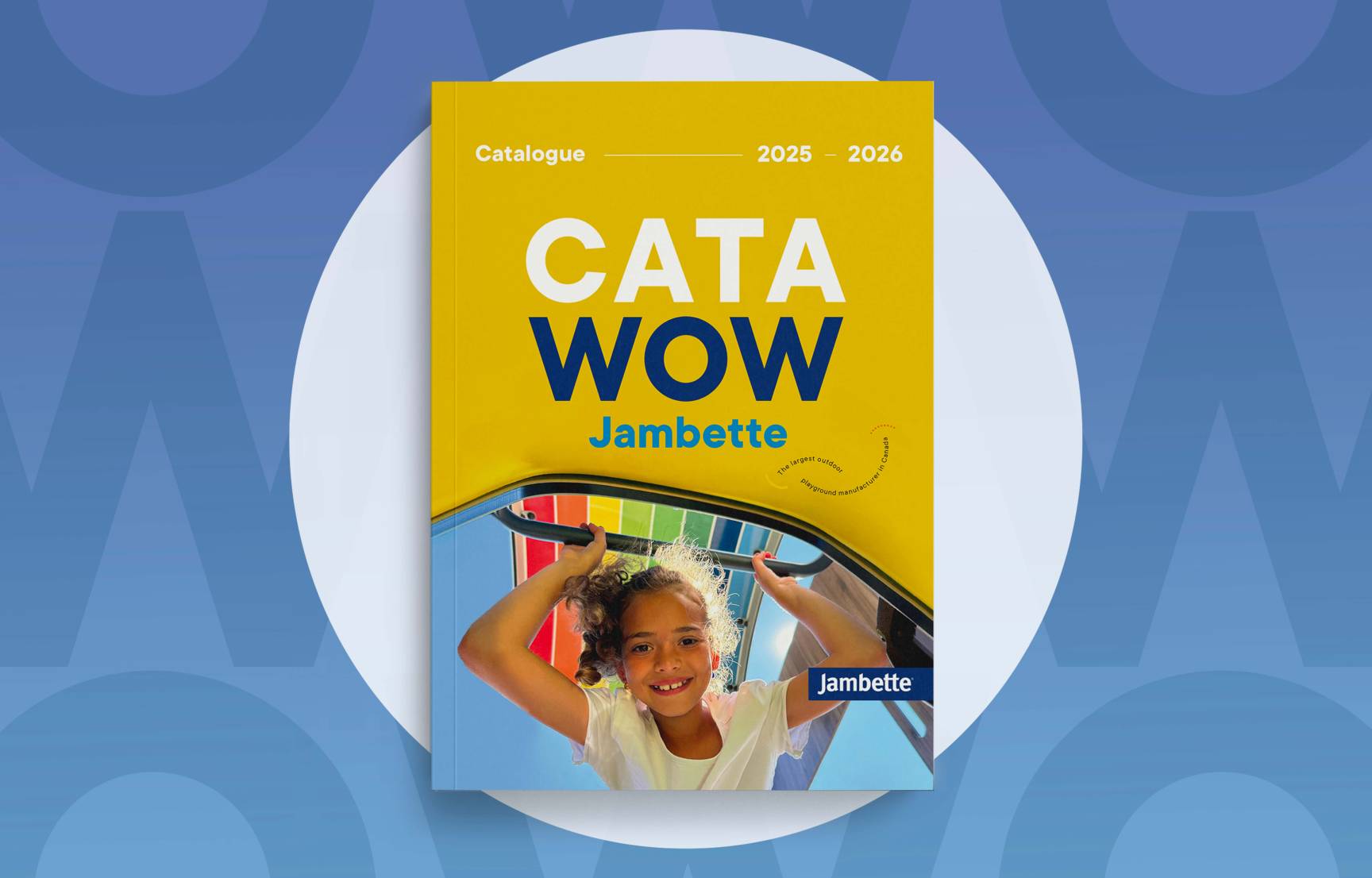
February 4, 2025
• Par Claudia Carrier • Actualité
Temps de lecture:
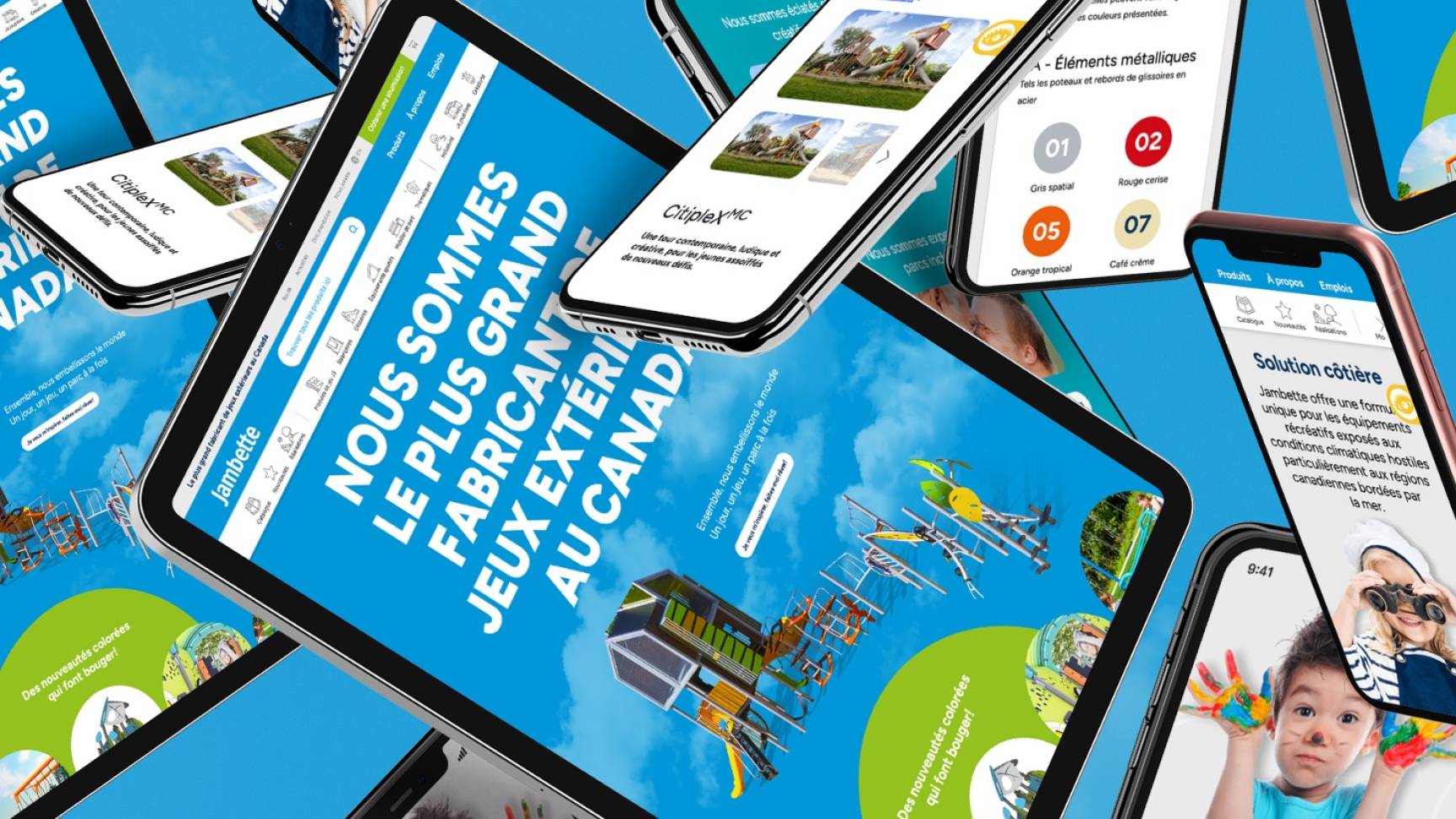
Explorez notre nouveau site: une vitrine repensée pour donner vie à vos projets!
Le site Jambette fait peau neuve! Découvrez une plateforme visionnaire et inspirante, pensée pour simplifier votre navigation et enrichir votre expérience d’achat.
December 9, 2024
• Par Claudia Carrier • Entreprise
Temps de lecture: 2 minutes

10 ans et plus chez Jambette: ça se fête!
Le 7 novembre dernier, une atmosphère magique régnait chez Jambette lors de notre souper annuel des anciens! Cet événement, tant attendu chaque année, rassemble nos précieux collègues qui cumulent plus de 10 ans de service au sein de l’entreprise. Une soirée dédiée à célébrer leur fidélité, leur passion et leur apport inestimable à notre succès collectif.
November 22, 2024
• Par Claudia Carrier • Évènements • Entreprise
Temps de lecture: 2 minutes
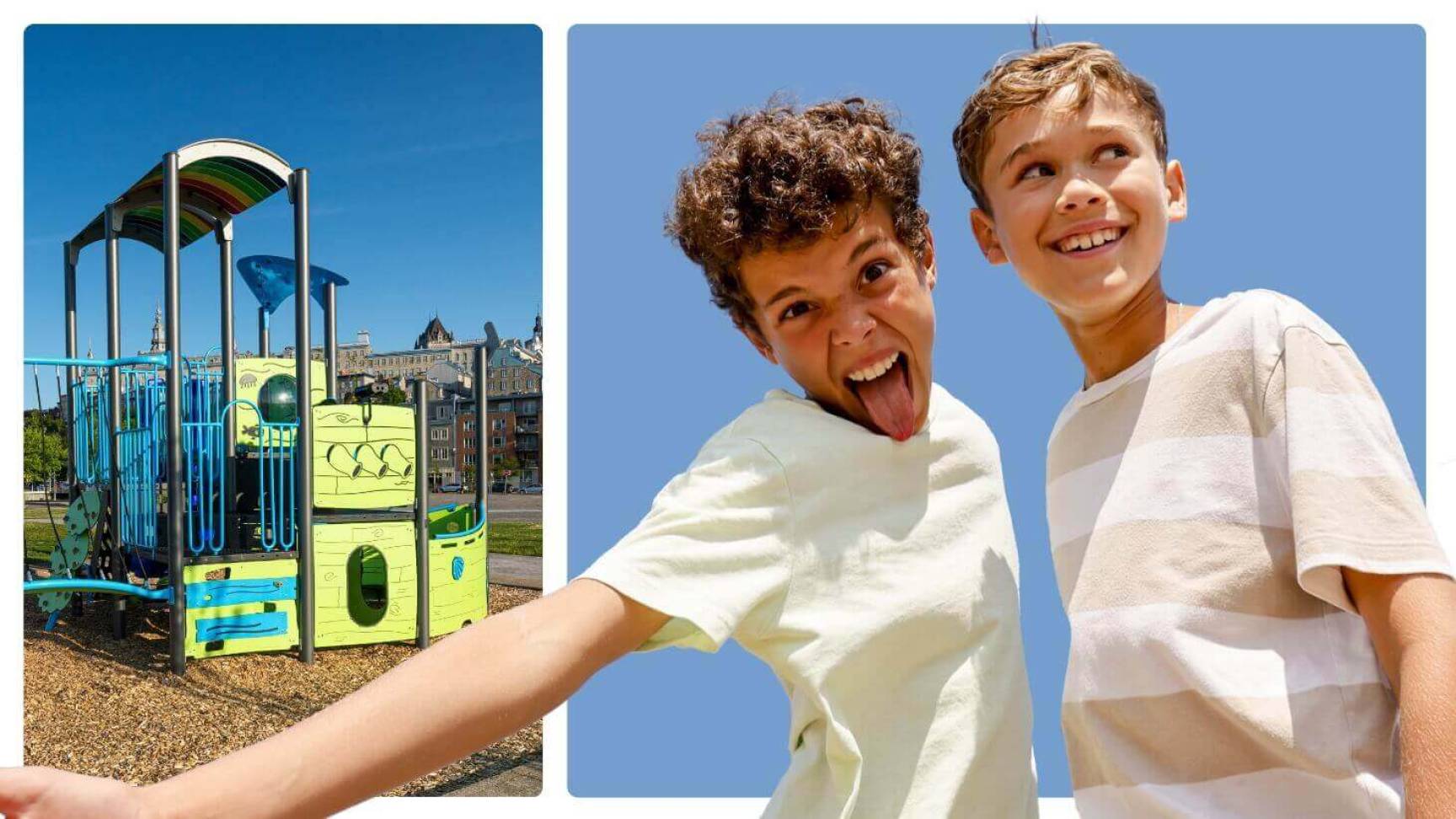
La Promo futée est de retour!
La Promo futée revient jusqu'au 20 décembre 2024 avec des avantages compétitifs qui vous permettent d'optimiser vos budgets et de planifier efficacement vos projets. Soyez futés et économisez gros!
October 15, 2024
• Par Claudia Carrier • Produits et promotions
Temps de lecture: 2 minutes

Une entreprise inspirante dans la cour des grands
Notre parcours entrepreneurial a toujours été guidé par notre désir de créer des aires de jeux magiques pour les enfants du monde entier. Cette passion pour l'innovation, la créativité et la qualité a été reconnue par une initiative exceptionnelle appelée "Memorial 100".
November 27, 2023
• Par Marie-Noël Grenier • Entreprise
Temps de lecture: 3 minutes
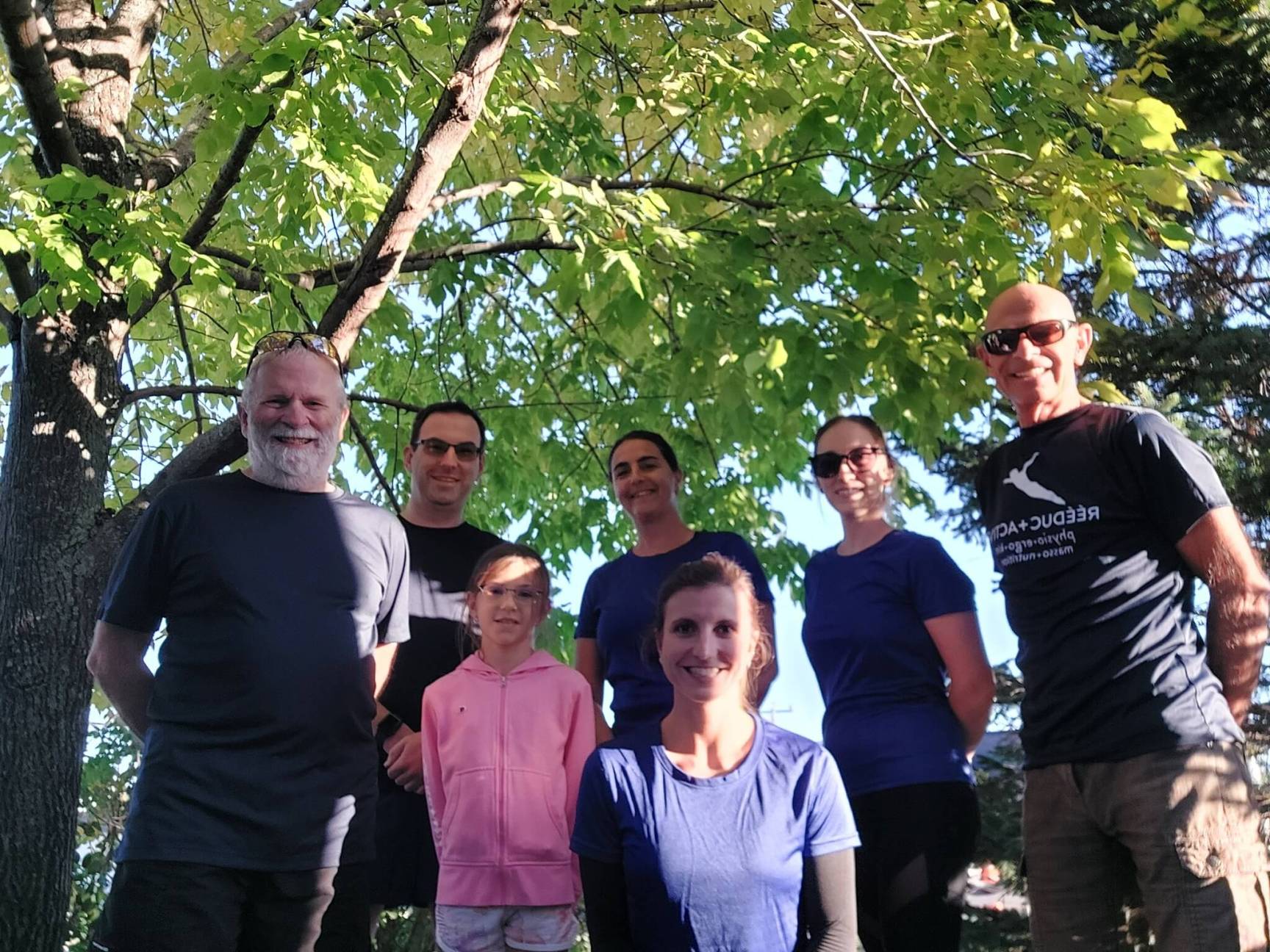
Jambette se mobilise pour la Sclérose en Plaques
Le 16 septembre 2023, Jambette a relevé le défi solidaire "GRIMPONS POUR L'ESPOIR" dans le but de soutenir la lutte contre la Sclérose en Plaques et de collecter des dons pour une cause qui nous tient à cœur.
November 24, 2023
• Par Claudia Carrier • Entreprise
Temps de lecture: 2 minutes

L'Engagement de Jambette envers le Bien-être de ses Employés
Chez Jambette, le bien-être de nos collègues et de leur famille est une priorité absolue. Nous comprenons que la période de la rentrée scolaire peut être à la fois excitante et stressante pour les parents.
October 25, 2023
• Par Marie-Noël Grenier • Entreprise
Temps de lecture: 2 minutes

Marie-Noël Grenier : Une visionnaire chez Jambette
Découvrez l'histoire de Marie-Noël Grenier, présidente Jambette. Son ascension, son implication, son leadership inspirant. Lire la suite ...
October 25, 2023
• Par Claudia Carrier • Entreprise
Temps de lecture: 2 minutes